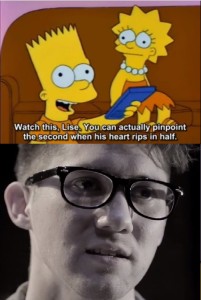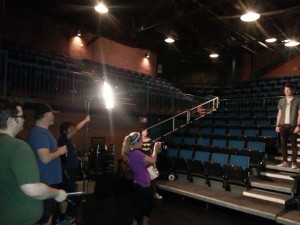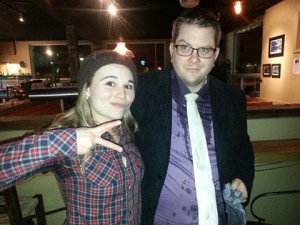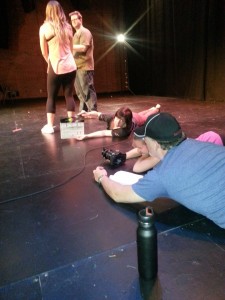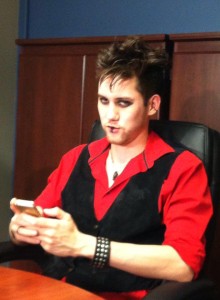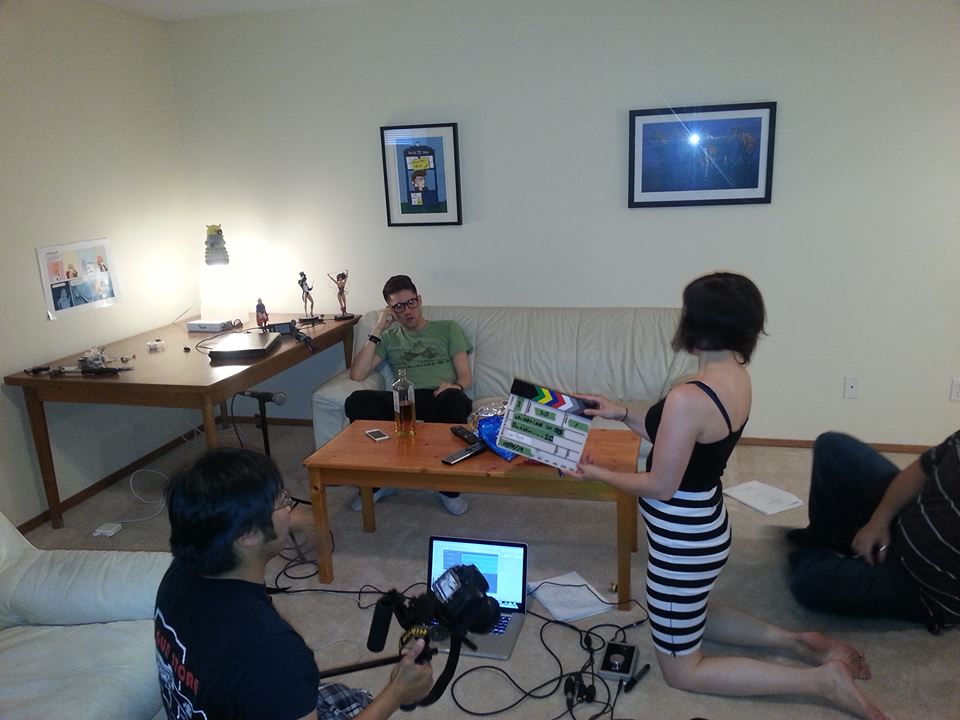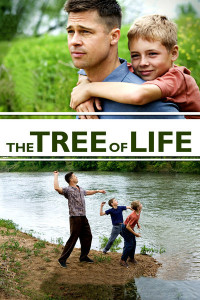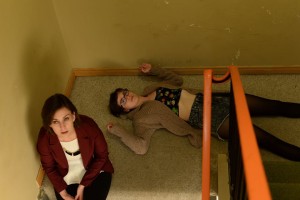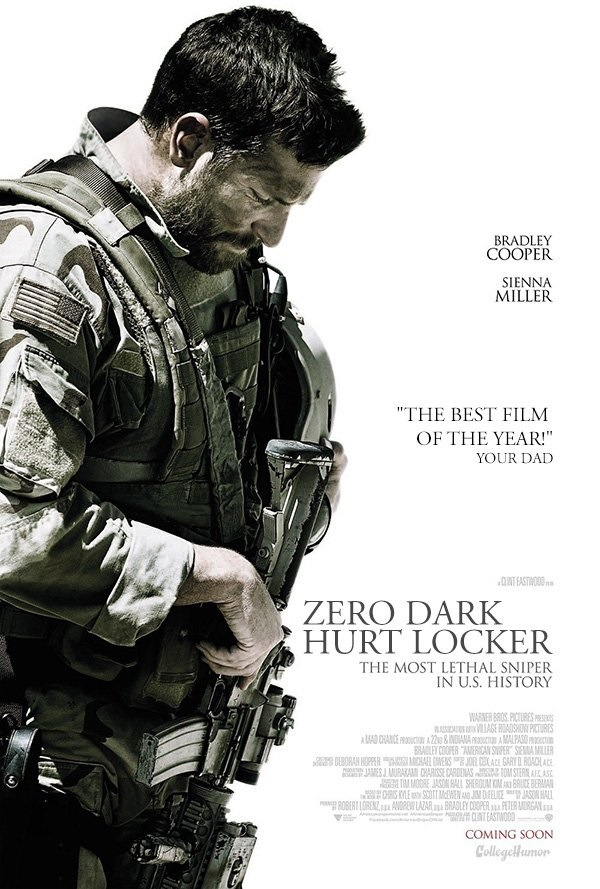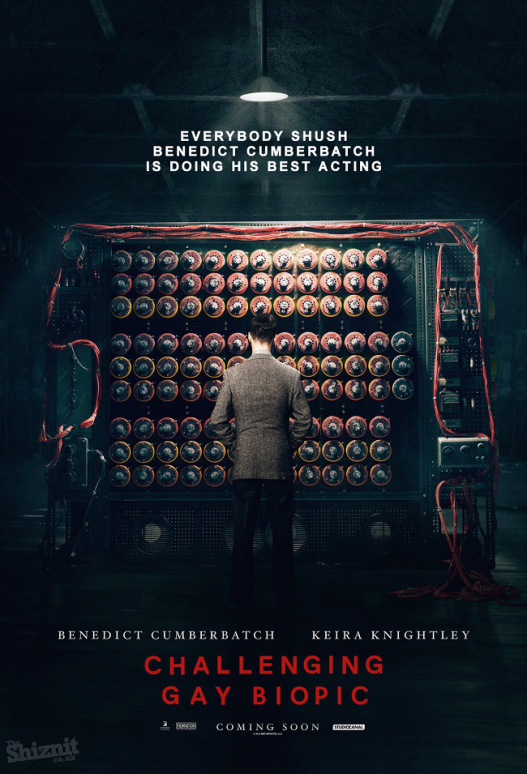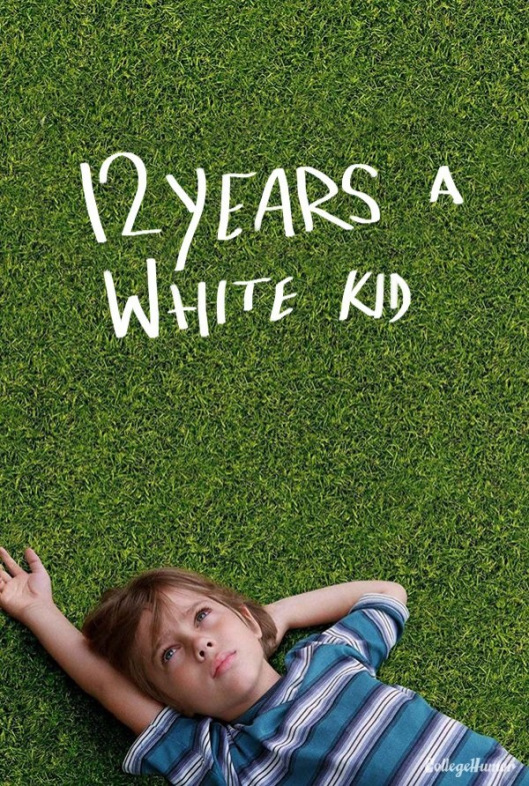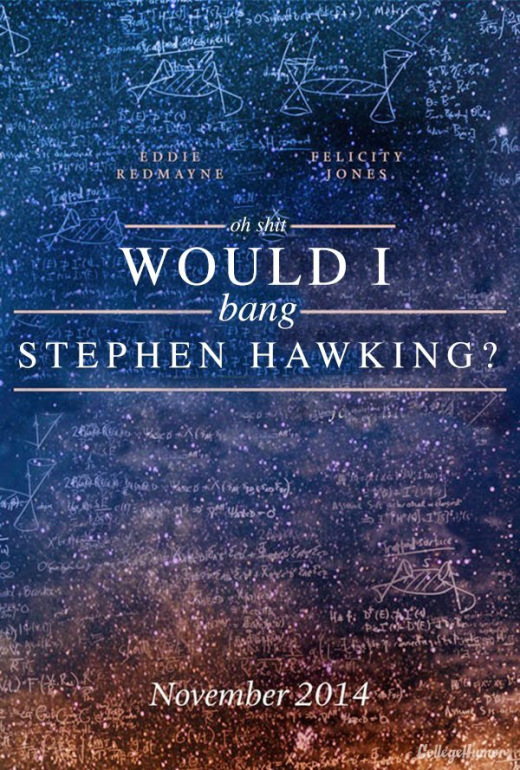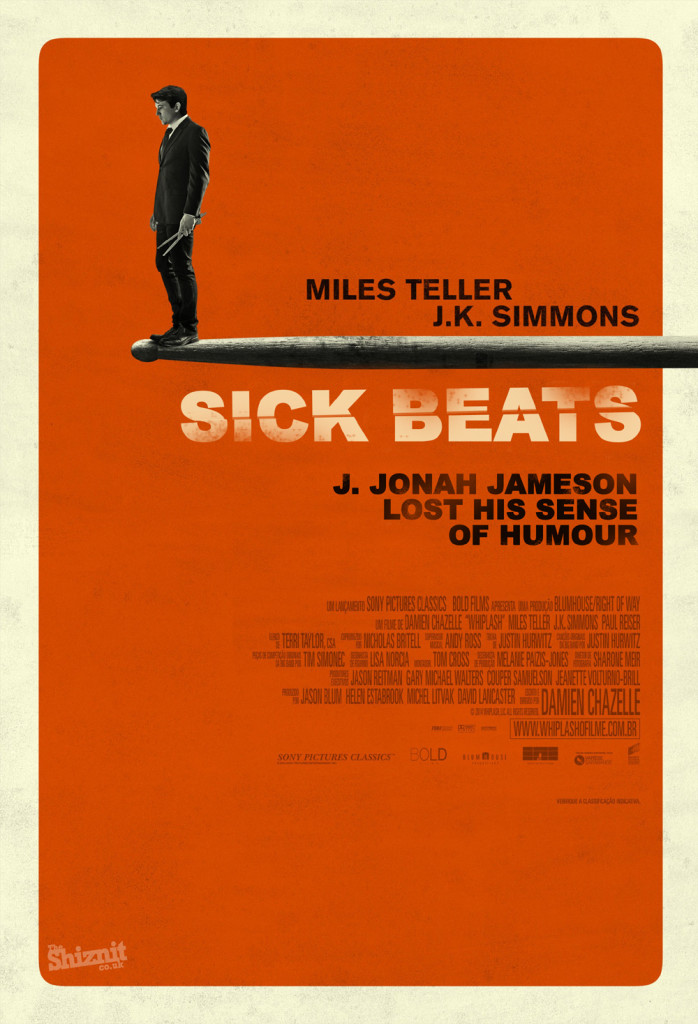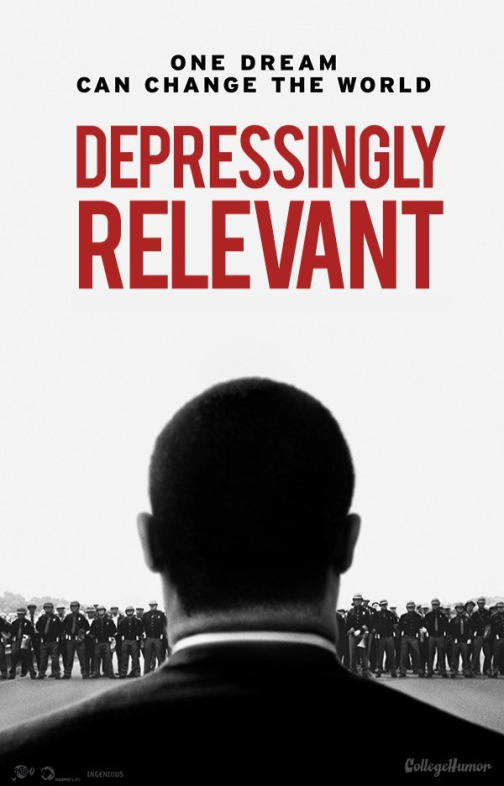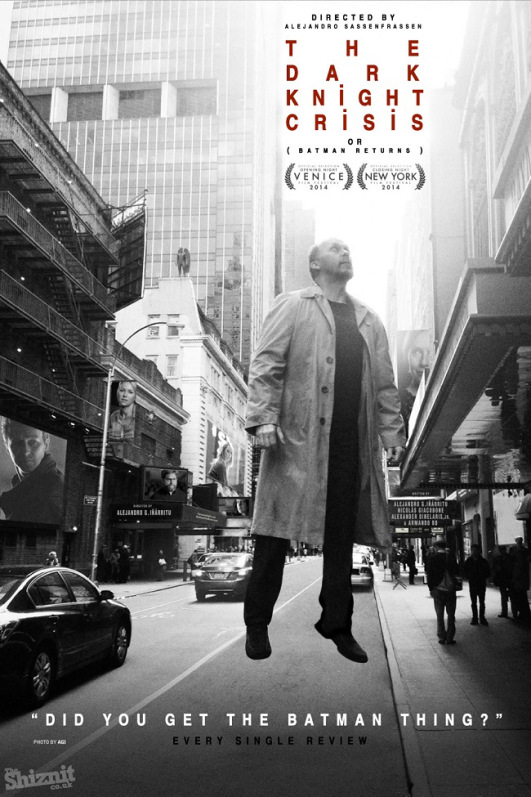Did you miss us last week? Well, we missed you. Both Ian and Keith are joining me today, and there’s a lot to discuss, so let’s get going. Here’s the new episode…
…and here’s an awkward yet frank discussion about crossing lines in comedy.
Touchy topics
This is one of Keith’s episodes, so I’m-a let Keith talk before I get going.
This was the first episode I wrote. Taking characters that were very near to another writer’s heart is a daunting task. Even one misstep can be a disaster. After sending the first draft out to Dan, I nervously awaited his feedback. After reading three pages, he messaged me: You’re killing this dialogue. I would like to tell you that I coolly celebrated this vague affirmation, but the fact of the matter is, I think I sent him a dozen messages confirming that his sentiment was indeed positive. It was not cool at all. It was at that moment that I knew Dan and I had a synergy. We were on the same page, and understood these characters on the same level. It was incredibly gratifying.
Now, after talking about how awesome this episode was for me, I would be a fool if I didn’t realize there was an elephant in the room, so allow me to address it. I think that literally everything in the world can be funny. In my opinion, it is one of the most important things that have sustained us as a species. That ability to look at everything from the silliest gaff to the grimmest tragedy and decide that the only way to get through it was to laugh. I really feel like that’s the only way we get through this existence. I only mention this because Love is Blind came out this week. As I mentioned, I wrote this episode, and debated it with nearly everyone close to me, including my wife, my two co-executive producers, and the two female leads. I used the same argument I outlined above: You can joke about anything, as long as it is legitimately funny. Luckily, I think it is (thanks, in no small part, to Stephanie), though, if I’m wrong, I imagine you’ll let me know…
Okay. My turn.
Hi, I’m Dan, I’m a straight white male, and this is my blog post about rape jokes. Won’t this be fun.
So, as we recall, at the end of this week’s episode (which of course you’ve watched, why wouldn’t you have watched it, it’s right there, and if you haven’t, I… why? Why are you reading this if you haven’t… watch the episode, then read the commentary, I, honestly, I do not know how to make that any clearer), it’s revealed that Becky, having had too much wine, performed a certain oral act upon Ted against his will. We play this revelation as a joke, and in our defence… it’s a pretty funny joke. At least so people keep telling us. It was funny when I read it, Steph’s delivery of “I might have raped him a little” makes me laugh every single time… and given that during post-production I watch these things so many times the words lose all meaning, that’s saying something… and all the way from writing to casting I never considered that there might be something wrong with it. Hell, I wrote a follow-up joke (that you’ll see next week), and that was funny too, so we’re good, right? Right?
Somehow we managed to take what few scenes referenced this less-than-voluntary-blowjob and use them and very nearly only them as audition sides when we were casting Zoe and Phil. To an outsider, which of course our auditioners were, it seemed like our show was just going to be jam-packed with rape jokes. Which made some people cautious about signing on.
On that note… Ian, enlighten the folks, will you?
Back in the early days of the project when we were still casting, the bookend scenes were one of the sides chosen to see how the group dynamic would flesh out. I had brought Anna on board to play Zoe as I never could imagine anyone but her when I read the scripts.
After a couple days Anna had spoken to me about the scene, worried that we were making a joke out of rape and rape culture. (A concern echoed to me months later by Steph). Until she brought it up I had honestly not seen the problem. It became kind of a large concern for her and for Keith, Dan, and I. They will tell their sides of it but for me my major concern was making sure that we handled her concerns well as in this stage of casting it would have been very easy for her to decide she didn’t want to be a part of the project.
I agreed with Anna’s concerns that we shouldn’t make rape funny, but also with Keith’s view that addressing something with humour was the best way to take the fear of addressing it away.
We had a meeting with Anna to try to allay her worries, and while I’m not sure she was entirely convinced of Keith’s philosophy, it was enough.
In another world we might have handled this all with less open communication and Anna would have walked away from Zoe. I’m glad it worked out. I’m told she ended up quite liking the episode.
Thanks, Pond. Back to me, then.
This is a tricky subject. Smarter, funnier people than I have pondered the issue of rape jokes, the danger of their potential contribution to rape culture, and if/when they’re okay. Here’s one of them. Click that link for a lengthy but well-thought and informative essay from Patton Oswalt on joke theft, hecklers, and rape jokes. You don’t have to. I’m-a borrow some thoughts from him, though, and I wanted to be clear where they were coming from.
Comedy should not have boundaries. Of this, Keith was super certain when we started discussing the joke in question. Like, shouty-certain. And he’s right, because as Mr. Oswalt states in the aforementioned essay, comedy can be a way of confronting something horrifying and lessening its power through humour. Humour is a great way to discuss serious subjects in a way that makes people pay attention. Look at Aziz Ansari talking about creepy dudes. Here’s John Oliver trying to make people care about government surveillance by framing it as a discussion about dick pics. Hell, there’s a reason John Oliver’s ex-boss, Jon Stewart, was able to turn a comedy show on basic cable into one of North America’s most trusted news sources.
There is such a thing as a funny and non-offensive rape joke. Like, say, this one by Ever Mainard. Or this one by Louis CK. But it remains a tough issue, because our perspective can taint our views of these topics. Patton Oswalt, in that linked article, talks a lot about that. So does Cracked.com’s Daniel O’Brien in this post about how the second season finale of his series Rom.com was accidentally racially insensitive: in one place because of casting (a powerful female calling an underling “Boy” wasn’t offensive until they cast a black guy in the underling role), and in one part because he just didn’t see it. Sometimes, when you’re part of the most privileged group of people in the history of the Earth, things that less historically privileged people might find offensive can be hard to see.
That said. Regardless of the topic, I believe that there are only two defences any joke needs: is it funny, and were you punching up? Punching down, ie. making fun of people less powerful than you, is always a little mean. In this case, is the joke targeting the victim? Because that’s where jokes fuel rape culture, and that’s not something I’d want to be a part of. However, I posit that it is not what we did. That Becky, the perpetrator, is ultimately the punchline, both now and in the future.
Yes, the obvious thing to ask is “What if the genders were flipped? Would you still be defending the joke?” Please don’t ask that. If you do, I’ll be forced to say “If you flip the genders, it’s not the same joke.” Because it isn’t. Context is everything.
I hope you laughed at the joke. If you didn’t, I’m sorry, but we stand by it.
Let’s… let’s move on.
Harsh light of day
Here’s Ian again.
Though I forgot to include myself in the credits as such, I actually did some directing for this one. Dan was out of town and Keith was unavoidably commited the morning we shot the dates. Yeah, morning. After a night of rehearsing a bunch with Keith I dragged the actors and the rest of the crew out to a pub at 6:00 in the morning on a Saturday so we could shoot some of the worst first dates I was not personally a member of. This would not be the last time I organized a location shoot at unreasonable hours.
Shooting on location comes with tricky realities. You want to shoot in a pub? Don’t have enough money to pay them to close the joint? Well, guess what, you’re shooting at 6 AM, because that’s when they can accommodate you. So you’re going to have to drag your entire cast of volunteer actors to set at the crack of dawn.
And then not be there yourself because your cousin’s getting married one province over that weekend.
I would love to tell you all sorts of stories about shooting this episode. Like what Ted’s first day on set was like. Yes, we cast a guy named Ted as the character named Ted. It means when his friends make statements like “Ted getting raped was a highlight of the episode,” it’s extra funny. (See? We’re laughing about it already. Comedy cures all.) I’m sure Keith would have liked to do that as well, but he also had family commitments that morning. The burdens of loving your children, I suppose. So for this episode, Keith worked with the cast at our usual rehearsal space (down the hall from the writers’ room set) on Friday night, then everyone tried to remember what he told them to do as Ian directed the actual shoot.
Don’t tell him, but I’d been looking forward to having Ted on set. He’d just been the lead in a Doctor Who tribute play I directed called Who Knows (along with Tawni, our costumer/slate girl), which was one of the most fun theatrical experiences I’d had in years, and having any of the Who Knows gang around is something to enjoy. And then when he finally makes his debut, I’m in Golden, BC, watching a wedding. Okay, sleeping. I was sleeping. Look, I couldn’t be on set, I didn’t see the point in getting up at 5 AM out of solidarity.
Random observations
Becky’s wine is white grape juice. Probably the only time Steph used “stunt” wine. But hey, before noon. That said, Steph hates white grape juice. Makes it awkward when she has to drink a lot of it on camera.
Ginette, who plays Jeff’s date, also played the stripper (or at least her legs) in episode three. As such, that sequence was also shot that morning. You’d think they’d have shot that first, to make sure it was done before the pub had to open. Apparently not, though. Guess they decided wrapping Chelsea and Ted was the priority.
Remind me… down the road, we’re going to talk about how Keith and I write Zoe. I think there’s some interesting thoughts there, but there’s a better episode to look at them.
Ian: In previous episodes whenever Jeff hands a girl his card it is actually the card of this pub’s manager, an old friend of mine from Junior High who helped me secure this location.
Next time: night shoots and stunt food with Phil and Becky.


